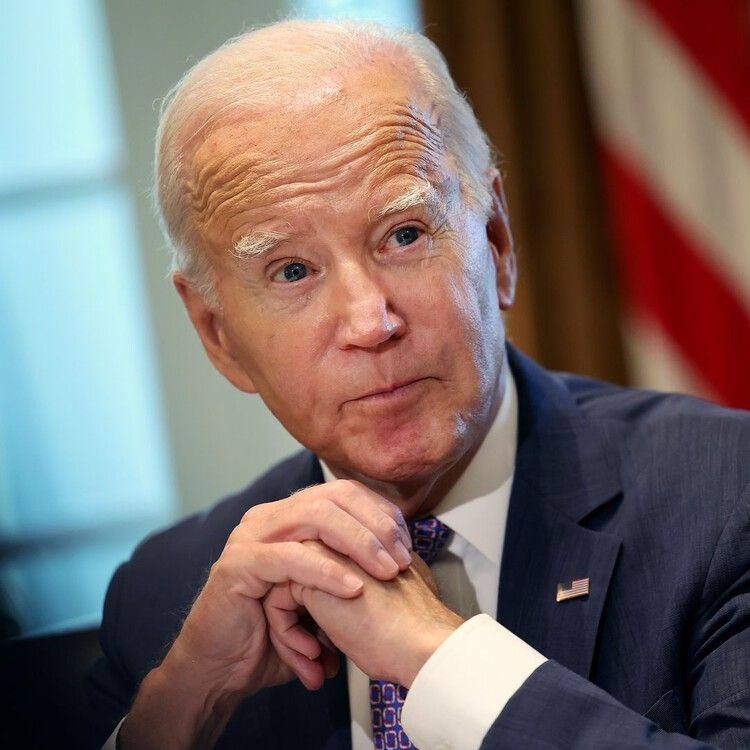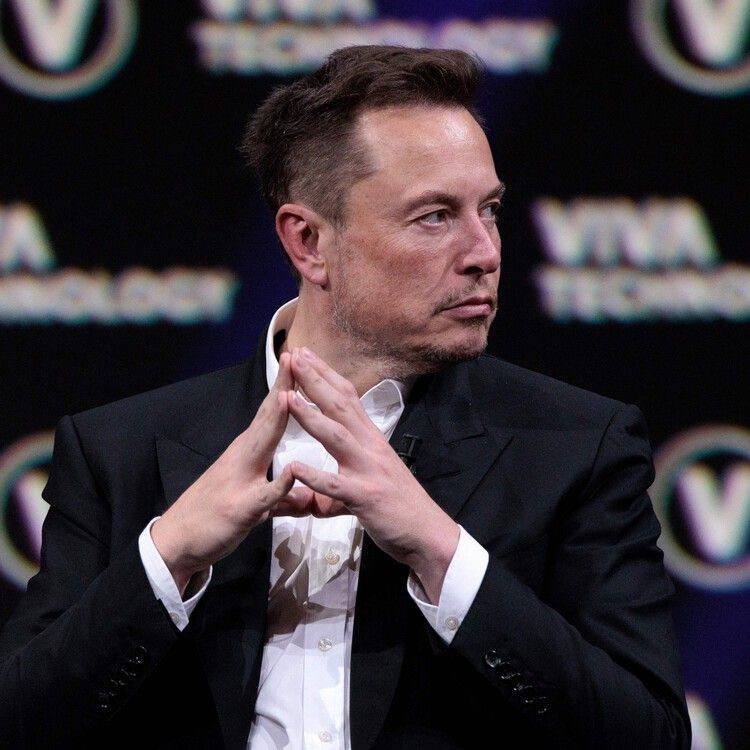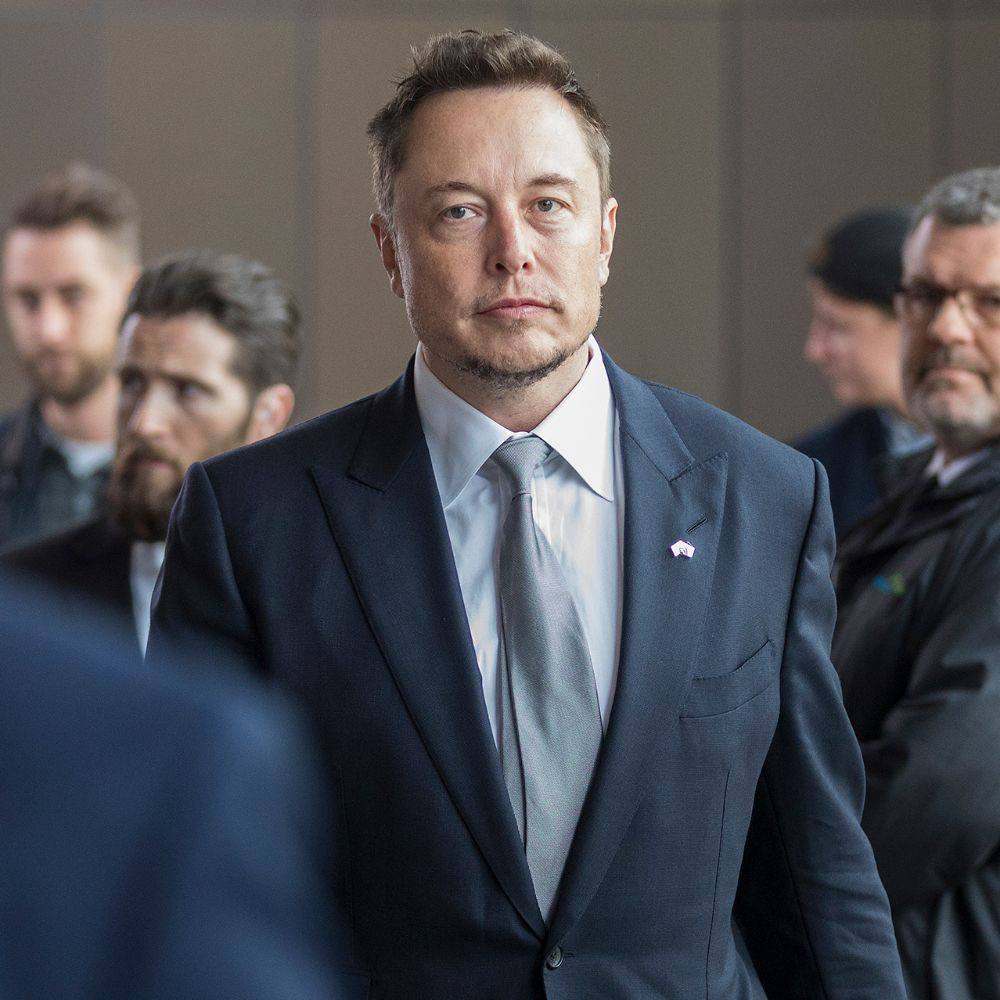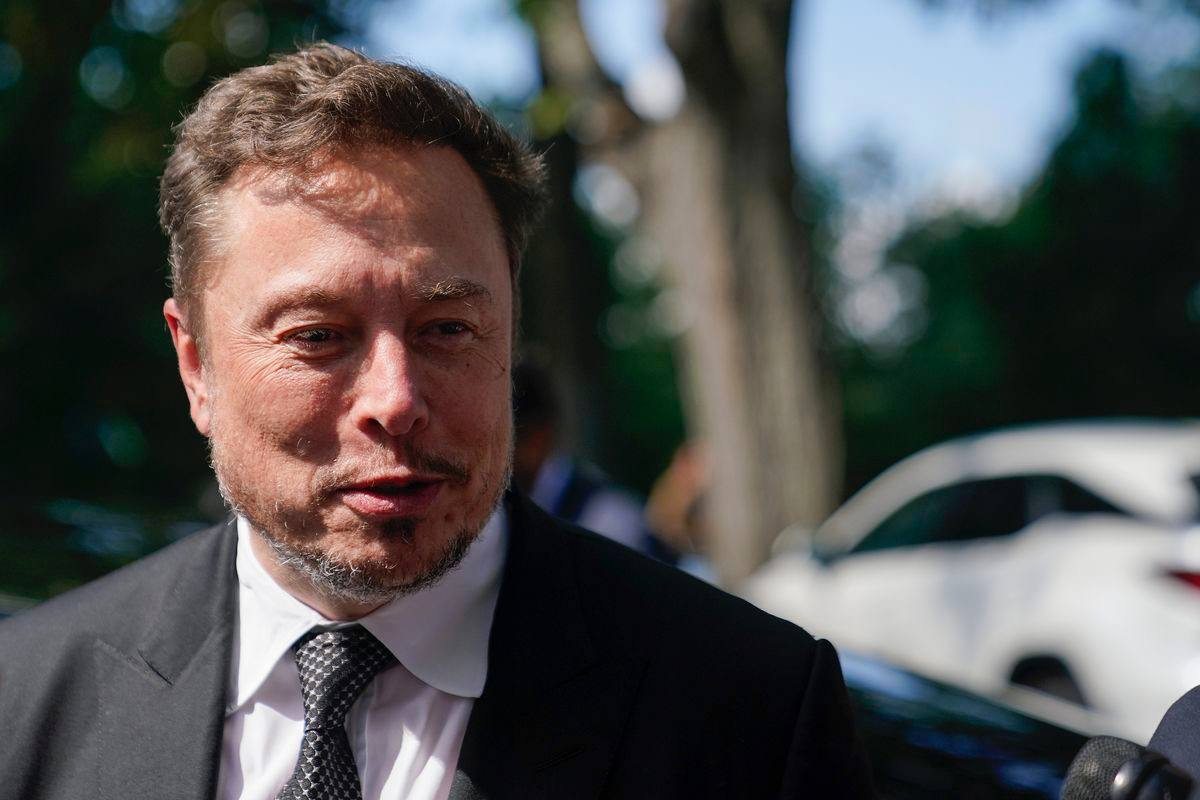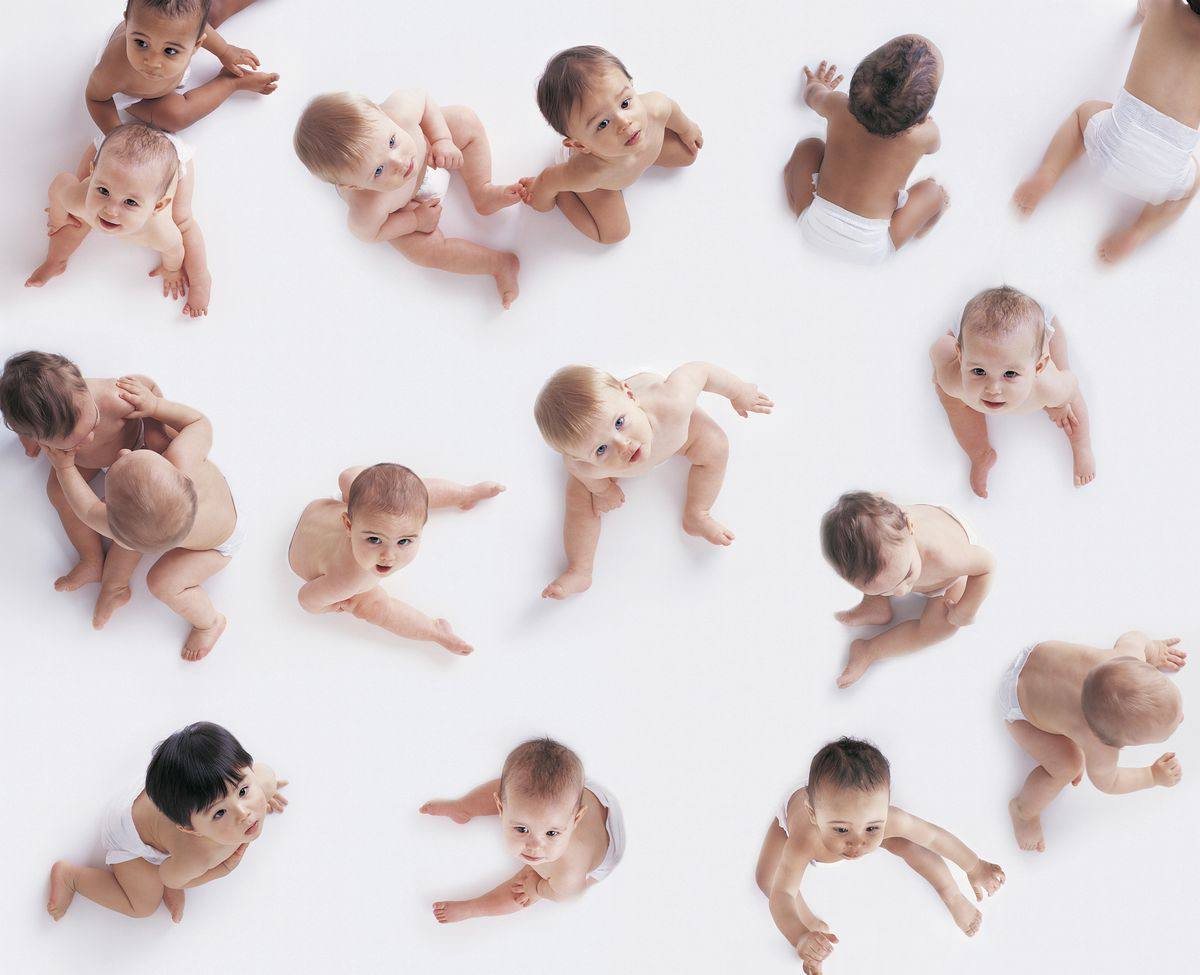Tesla CEO Elon Musk Accuses Wealthy Nations of Committing “Demographic Suicide”

Tesla CEO Elon Musk Accuses Wealthy Nations of Committing “Demographic Suicide”
Elon Musk Accused Joe Biden of Importing Voters
Wealthy Countries Often Have Low Birth Rates
Musk Shares His Opinions About High Rates of Immigration
ExpresA World Without Enough People To Sustain Economic Prosperity
Global Warming Being a Pressing Issue
Donation of $10Million to the University of Texas at Austin
Study of Factors Affecting Birth Rates
People Forgo Having Children Due to Poor Economic Circumstances
Birth Rates Declination on Average of 4.3%
Effect of Low Birth Rates on Future Economies
Low Birth Rates as a Challenge for the Economy
Can a High Birth Rate Be Advantageous to the Economy of a Country?
MOST POPULAR
-
Dinosaur Embryo Discovered Inside 72-Million-Year-Old Egg
March 22, 2024 -
Some Countries With Strict Anti-LGBTQ+ Laws
March 22, 2024 -
New Study Reveals Underground Climate Change Below Populated U.S. Cities
March 18, 2024 -
Truckers Show Support for Trump, Boycott NYC Amid $355 Million Civil Fraud Ruling
April 17, 2024 -
Did Oswald Act Alone? Chilling Testimonies From JFK’s Assassination
March 9, 2024 -
CRFB Reveals How Much National Debt Trump Incurred in His Presidency
April 19, 2024 -
Americans Think Both Biden and Trump Would Not Make Good Presidents
April 16, 2024 -
Here’s Why Young American Males Don’t Want a College Education
May 18, 2024 -
Baltimore Mayor Accuses Racists of Weaponizing DEI Language
April 15, 2024 -
Federal Judge Suggests Trump Might Incite Another Riot Like January 6
April 18, 2024



